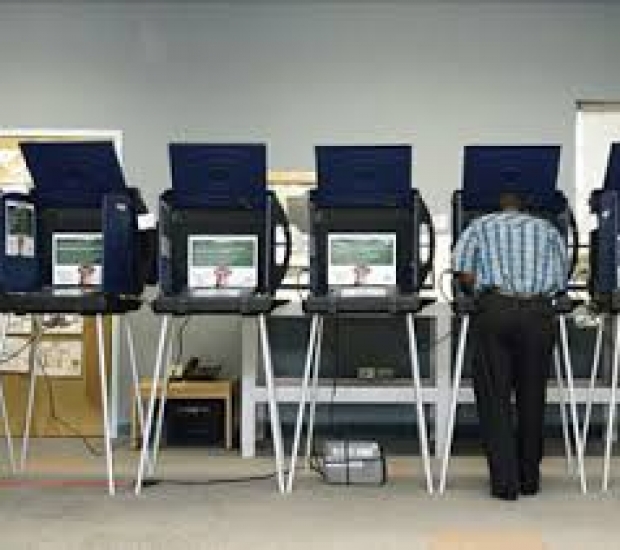US elections machines have been wide open for nearly a decade and bizarrely no one seems to want to do anything about it. Now the federal government says it may not be able to prosecute election hacking under the federal law that currently governs computer intrusions.
A Justice Department report issued in July from the Attorney General's Cyber Digital Task Force, electronic voting machines may not qualify as "protected computers" under the Computer Fraud and Abuse Act, the 1986 law that prohibits unauthorised access to protected computers and networks or access that exceeds authorisation - such as an insider breach.
The law only prohibits against hacking computers "that are connected to the Internet (or that meet other narrow criteria for protection)" and notes that voting machines generally do not meet this criteria "as they are typically kept off the Internet".
"Should hacking of a voting machine occur, the government would not, in many conceivable circumstances, be able to use the CFAA to prosecute the hackers."
But the statement has raised more questions about the Justice Department’s willingness to protect the elections. For a start, the comment that voting machines are not connected is incorrect as many voting machines are connected in that they use mobile and landline modems that connect with cell towers and backend telecom networks to transmit results on election night.
In any event the government's claim that the CFAA applies only to connected machines is news to legal experts.
It is starting to look like the decks are being cleared for wholesale vote rigging, and the existing government has no desire to prevent it.




